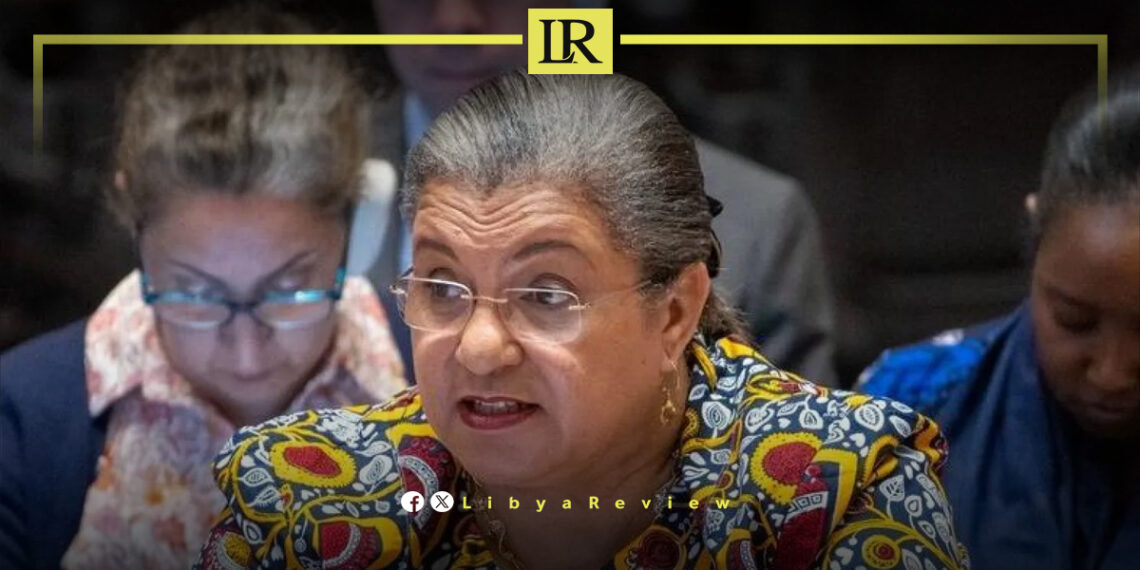Libya’s political landscape is boiling with discontent as anger mounts against UN Special Representative Hanna Tetteh, amid accusations that she is biased toward the Tripoli-based Government of National Unity (GNU) led by Abdulhamid Dbaiba.
Political parties and lawmakers warn that the UN mission’s approach risks deepening Libya’s divisions and undermining hopes for national reconciliation.
The Libyan Alliance for National Accord Parties strongly criticized Tetteh’s recent public statements, accusing her of favoring the current government while deliberately ignoring widespread demands for forming a new executive authority.
They argued that establishing a unified government is a necessary first step before credible elections can take place and the political crisis can be resolved.
The Alliance emphasized that even political actors from western Libya — traditionally closer to Tripoli — agree on the need for new leadership. By focusing solely on constitutional arrangements and unifying institutions while ignoring the growing calls for a new government, Tetteh’s stance appears, according to critics, to align with the interests of those who benefit from the current situation.
In a forceful statement, the Alliance warned that the UN Support Mission in Libya (UNSMIL) risks losing its neutrality and becoming a party to the conflict.
It called for reconsideration of the leadership of the UN mission, citing concerns that the current strategy may entrench the political deadlock rather than resolve it.
Political leaders have echoed these warnings across Libya. Mustafa Al-Bahbah, Secretary-General of the Democratic Party, stated that the UN envoy is misrepresenting the situation, noting that there is wide agreement among Libyans on the need for elections, but only after establishing a legitimate and inclusive government.
He criticized Tetteh for engaging exclusively with Dbaiba’s government while sidelining influential political forces.
Member of Parliament Abdulmonem Al-Arfi also criticized Tetteh’s remarks, describing them as political maneuvering that aligns with Dbaiba’s strategy of delaying change and clinging to power.
Amid rising tensions, many Libyans fear that any electoral process built on this current framework — seen by many as biased and unbalanced — could collapse or be boycotted. They are demanding a reset that prioritizes Libya’s sovereignty, unity, and the will of its people over international convenience or narrow political interests.
Libya now waits to see whether the United Nations will reassess its approach and genuinely support a comprehensive, inclusive, and Libyan-led political transition.


